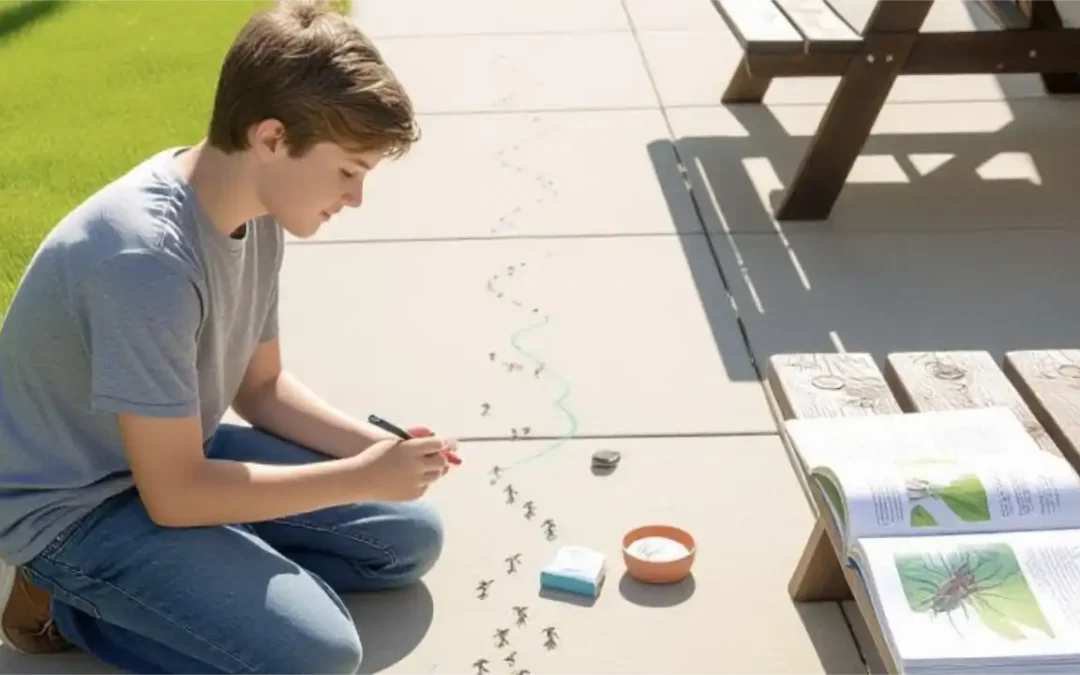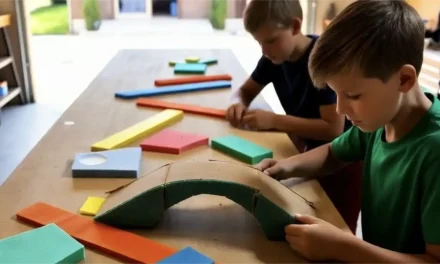
Encouraging Curiosity: Build Boldness
C
hildren don’t grow brave by hearing “Be brave.” They gain courage by testing ideas, making guesses, and being taken seriously—especially when they’re not sure they’re right. When you invite them to speak first, to challenge a pattern, or to question a rule, you’re handing them the tools of confident thinking. Over time, these moments build the resilience they’ll need to speak up in debates, face critique, and trust their own reasoning.
During a rainy afternoon, my son began describing a machine that could trap lightning and store it in a battery. He stumbled over the explanation, unsure of the science, but excited by the thought. I didn’t correct him. I asked him to draw it. Then we talked about energy and circuits, and how inventors often start with wild ideas. That conversation didn’t produce a working invention, but it made him feel like someone whose thoughts were worth pursuing. That feeling sticks.
When your child shares an idea, treat it like it matters. Ask what made them think of it. Encourage revisions, not perfection. Let them pitch wild solutions to real problems. Even if the logic is wobbly, the act of voicing something uncertain builds the courage to keep thinking out loud. Over time, boldness becomes a habit—not because they always have the right answer, but because they’ve learned that their ideas have room to grow.
Encouraging Curiosity

Encouraging Curiosity: Model Growth by Changing Your Mind
Show children that changing your mind is a sign of learning. Modeling flexibility teaches humility, reflection, and thoughtful decision-making.

Encouraging Curiosity: Chase Exploration
Children develop confidence by exploring freely. Support adventures, new experiences, and playful discovery in daily life.

Encouraging Curiosity: Model Curiosity with Diverse Ideas
Show your child that curiosity is a strength. Share new ideas, cultures, and perspectives to inspire wonder and open-minded thinking.

Encouraging Curiosity: Spark Questions
Invite children to ask open-ended questions every day. Curiosity grows when their wondering is welcomed and explored with patience.
Table of contents

Primordial Soup for the Mind: Navigation
Navigate the book Primordial Soup for the Mind.
TIPS
- Welcome half-formed ideas without rushing to correct them.
- Invite your child to explain their thinking, even if it sounds far-fetched.
- Reinforce that it’s okay not to have all the answers right away.
ACTIVITIES
- Wild Idea Talk: Ask, “If you could invent anything, what would it be?” Let them run with it, then explore how it might work.
- What If Game: Take turns imagining impossible scenarios (“What if animals could vote?”) and build from there.
EXAMPLE
My son described a machine to store lightning. Instead of pointing out the flaws, I asked him to draw it. That sketch turned into a conversation about circuits—and confidence.

Download “Primordial Soup for the Mind: A Parent’s Guide to Nurturing Intellectual Growth”
Enter your information to get this article and hundreds more as part of the FREE book Primordial Soup for the Mind.
Share your thoughts with the Thought Academy community in the Comments section below.

Sharpen those skills!
Enter your information to get our FREE practice exercises so you can hone your critical thinking and reasoning skills!







0 Comments